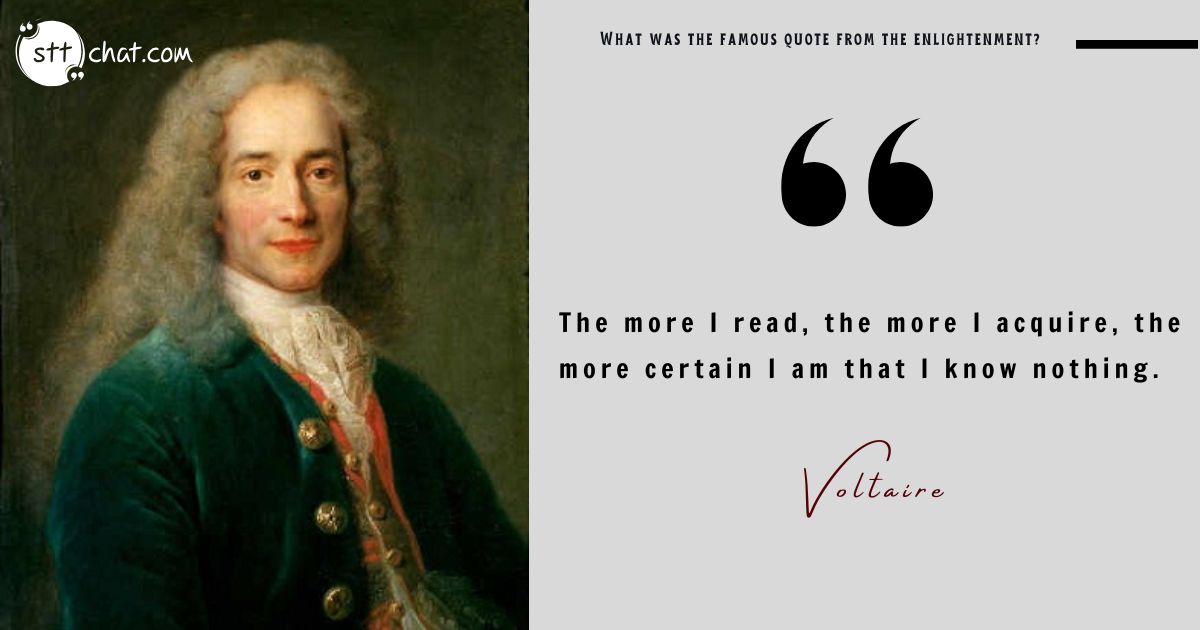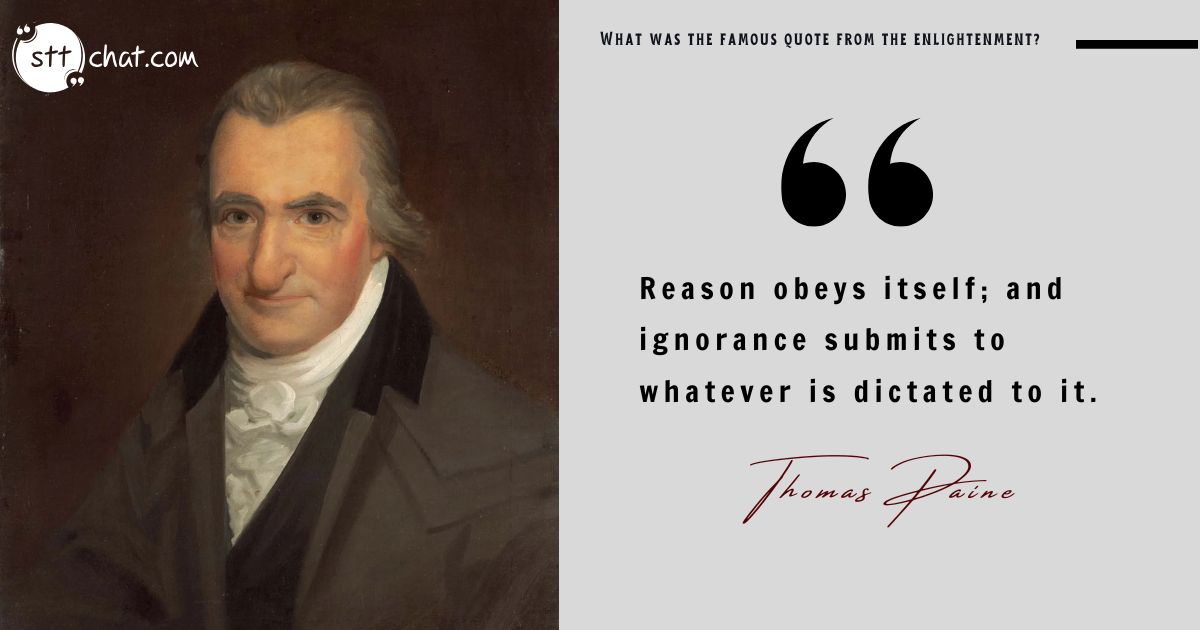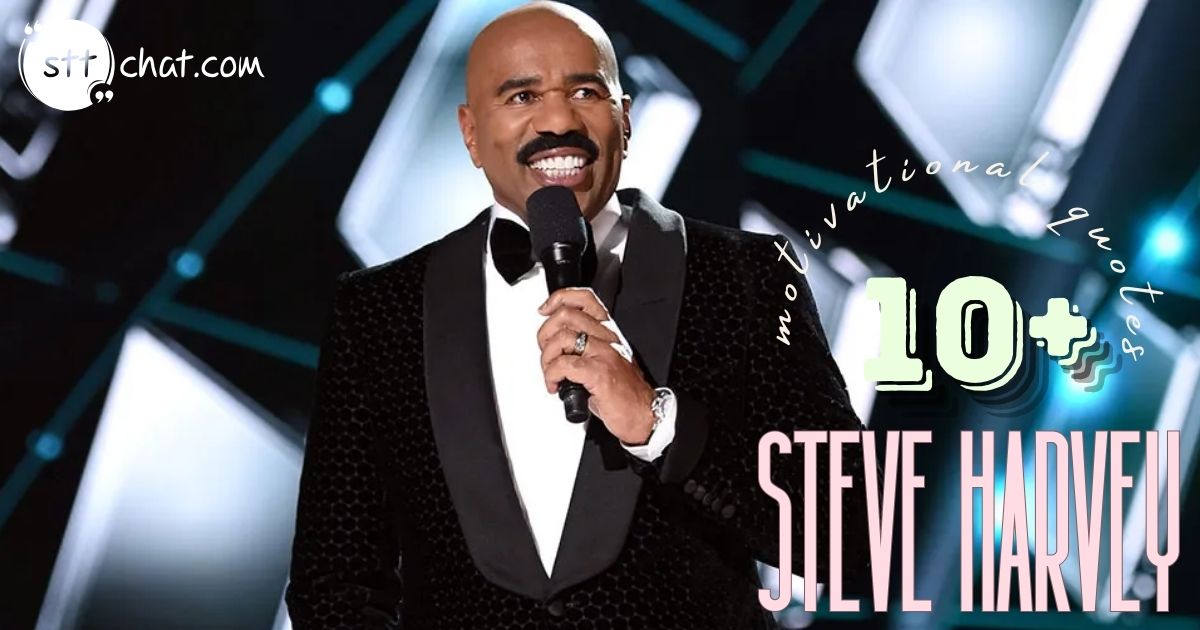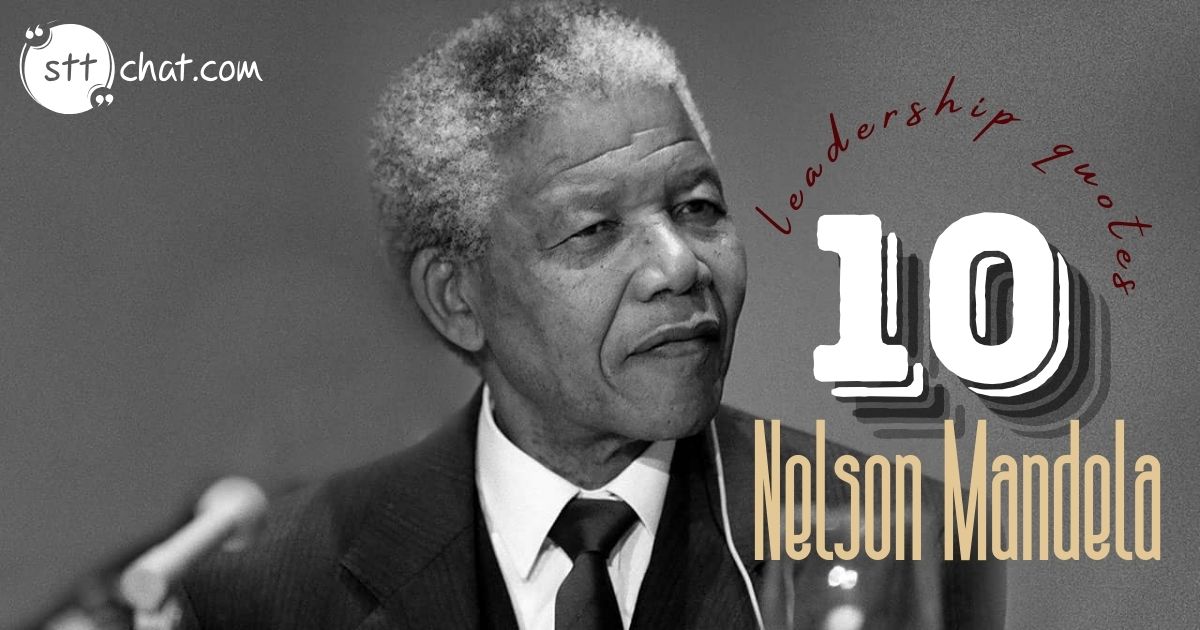One of the most famous quotes from the enlightenment comes from Voltaire, who said:"I disapprove of what you say, but I will defend to the death your right to say it." This encapsulates the enlightenment's core values of free speech, intellectual freedom, and tolerance.
In this blog, we’ll explore the significance of enlightenment ideals and share 10 profound quotes that reflect the wisdom of this transformative era.
10 profound quotes from the enlightenment
1. Man is born free, and everywhere he is in chains.– Jean-Jacques Rousseau
Rousseau's bold assertion critiques the structures of society that limit individual freedom. He explores how societal institutions, while necessary, often corrupt the natural liberty of individuals. This quote from The Social Contract invites us to reflect on the balance between freedom and the rules that govern collective living.
2. The purpose of life is not happiness, but action.– Denis Diderot
Diderot emphasizes the active engagement with life's challenges as central to human existence. For Enlightenment thinkers, happiness wasn’t passive contentment but a byproduct of meaningful contributions to progress. This quote calls us to align our actions with our principles and strive for improvement, both personally and collectively.

This quote calls us to align our actions with our principles and strive for improvement
3. The more I read, the more I acquire, the more certain I am that I know nothing.– Voltaire
A reflection of intellectual humility, this quote highlights the infinite nature of learning. Voltaire acknowledges that the pursuit of knowledge often reveals how much more there is to discover, encouraging a lifelong commitment to curiosity and open-mindedness.

A reflection of intellectual humility, this quote highlights the infinite nature of learning
4. All men are created equal.– Thomas Jefferson
Rooted in Enlightenment ideals, this line from the Declaration of Independence lays the foundation for modern democracy. Jefferson, influenced by Locke and Rousseau, emphasized equality and the unalienable rights of life, liberty, and the pursuit of happiness. This enduring principle inspires movements for justice and equality worldwide.
5. An educated people can be easily governed.– Frederick the Great
Frederick recognized education as a cornerstone of effective governance. Enlightenment thinkers believed that a well-informed population was critical to the health of a society, empowering individuals to make rational decisions and participate in civic life.
6. To love truth for truth's sake is the principal part of human perfection in this world.– John Locke
Locke, often called the father of liberalism, elevates truth as a moral and intellectual virtue. This quote reflects the Enlightenment’s prioritization of objective knowledge and the pursuit of truth as fundamental to personal growth and societal advancement.
7. Reason obeys itself; and ignorance submits to whatever is dictated to it.– Thomas Paine
Paine’s observation emphasizes the liberating power of reason. For him, reason provides the tools to challenge authority and navigate life freely, while ignorance leaves individuals susceptible to manipulation. This dichotomy underscores the importance of education and critical thinking.

While ignorance leaves individuals susceptible to manipulation
8. Liberty consists in doing what one desires.– John Stuart Mill
Mill’s vision of liberty as freedom of choice reflects Enlightenment ideals of individual autonomy. However, Mill also emphasized that true liberty should not harm others, setting the stage for discussions on rights and responsibilities in a just society.
9. Science is organized knowledge. Wisdom is organized life.– Immanuel Kant
Kant distinguishes between scientific understanding and the practical application of knowledge in daily life. For the Enlightenment, wisdom was not just about acquiring facts but integrating them into ethical and meaningful living.
10. If God did not exist, it would be necessary to invent Him.– Voltaire
This thought-provoking quote reflects the Enlightenment’s complex relationship with religion. Voltaire acknowledges the social and moral role of religion while advocating for reason and tolerance. It invites discussions on faith, ethics, and human responsibility.
Conclusion
These quotes do more than illuminate the past; they challenge us to think critically, pursue truth, and uphold the principles of liberty and equality. The enlightenment thinkers believed in the power of knowledge and action to shape a better world.






